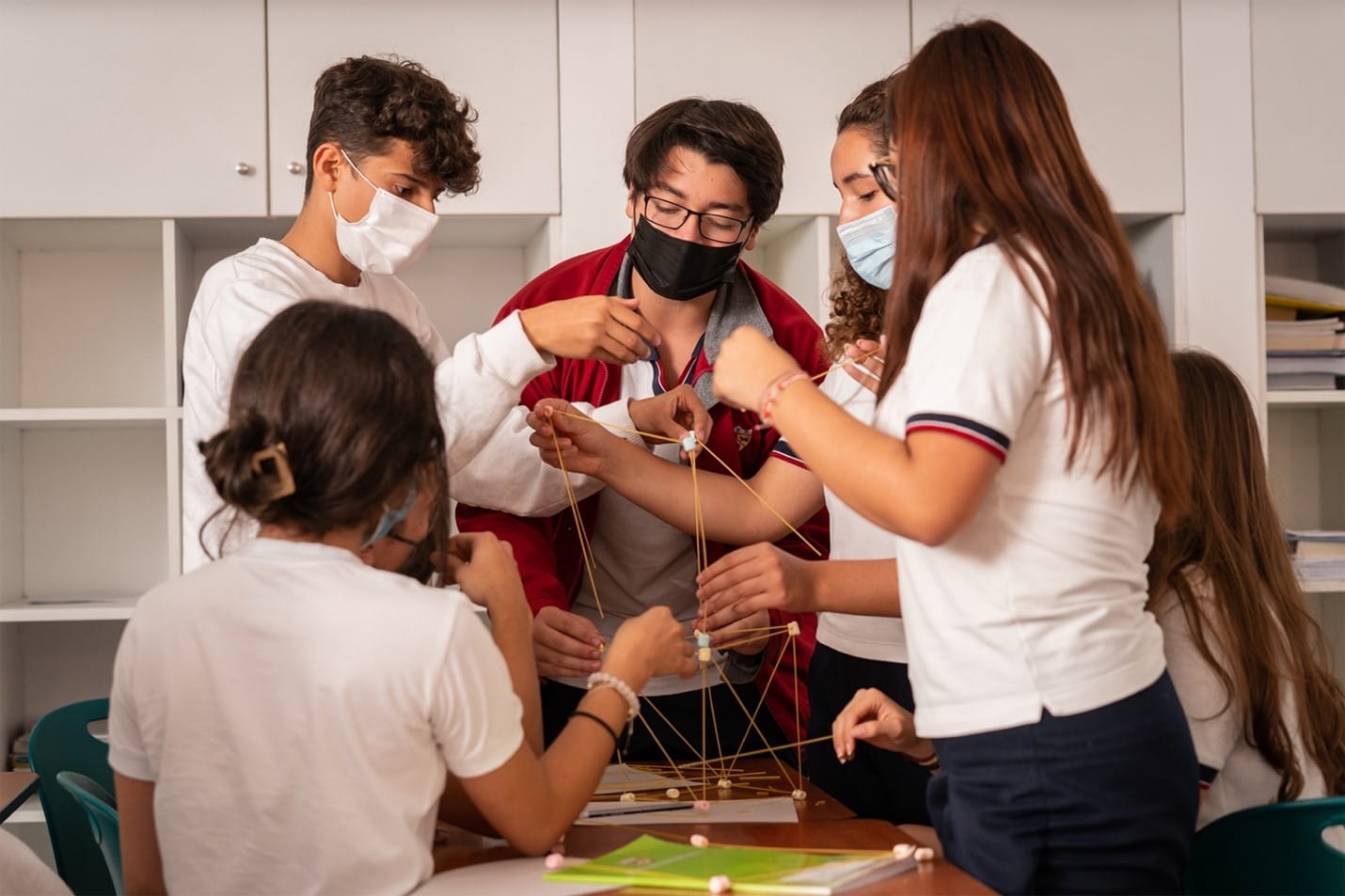We use cookies to improve your online experiences. To learn more and choose your cookies options, please refer to our cookie policy.

Our current context is one that has changed education, in a huge way – gone are the days of copying down information from the blackboard, memorizing facts and data, cramming for continual examinations, as when I was at school and university. We are now in the era of “holistic education”.
The pandemic gave us a chance to put into practice our previously cherished values that as a society, we thought were being lost; whilst living apart, we learnt to be closer and care for each other. Interestingly enough, not one single person can claim not have learnt something new about themselves over these two years that we in Peru have been separated. Many have struggled, many have matured, many have suffered, many have grown; but most importantly everyone has learnt.
Education is no longer limited in any way to a classroom – be it virtual or face-to-face. Education for adults is the experience in the workplace, the experience in forming families, the experience of facing new situations and problems. Many of these situations are brought on by external factors that draw on previous experiences, determination and drive to deal with them; but ultimately, it is a question of resilience.
The challenge for children today is to understand experiences that have not yet happened. Knowing how to deal with unforeseen circumstances is key to future adaptability. Facts and data are no longer the driving force behind decisions that we all have to make on a day-to-day basis, but what we do with them and their constant bombardment from all sources, digitally and analogically.
Holistic education involves more than just “everything”. It is preparing students for an adult life where the unexpected is actually expected. Students need to be demanded to reach high standards, allowed to explore many avenues of studies and leisure, nourished emotionally and guided socially, as well as establish a moral and ethical compass that is their own creation. This draws on their knowledge, their argumentation, their protest, their social skills, their emotions, their reflections, which, combined with those personal morals and ethics, will create a society that can improve itself and leave the world and, more importantly, the Earth in a better state than they will inherit it.
Mark Scarlett
CPB Director of Studies